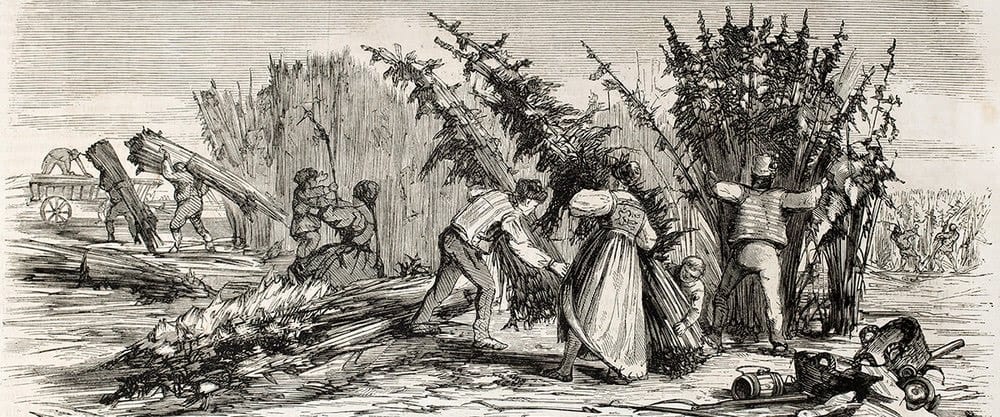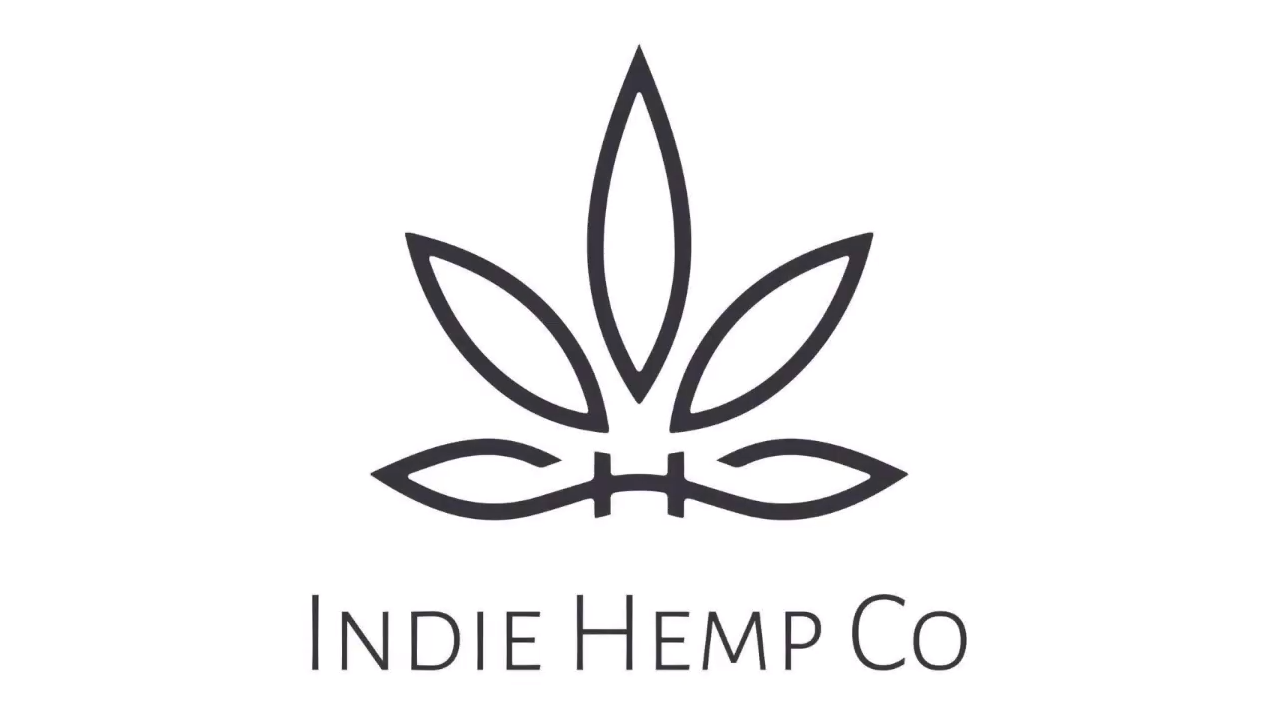
LETS TAKE A LOOK AT AN ABBREVIATED HISTORY.
Third millennium BCE
2900 BC credited with bringing civilization to China, emperor Fu Hsi, made reference to Ma (the Chinese word for cannabis), noting that it was a very popular medicine that both possessed Yin and yang
2700 BC Chinese Emperor Shen Nung (also known as Chen Nung, the father of Chinese medicine) discovered the healing properties of cannabis, as well as two other important medicinal herbs ginseng and ephedra.
Second millennial BCE
1500 BC the use of cannabis for purposes of healing predates recorded history. The earliest written reference is found in the 15th century BC Chinese pharmacopoeia the Rh-YA
1450 BC Primary sources suggest the recipe for the anointing oil passed from God to Moses included cannabis (kaneh-bosm in Hebrew).
First millennial B.C.E.
700 BC the Vendidad a volume of ancient Persian religious text, mentions a mixture called “Bhang” (of milk ghee and cannabis) and lists cannabis as the most important of the 10,000 medicinal plants ever recorded
600 B.C.E. the first major work to lay out the uses of cannabis and Indian medicine was the Ayurvedic treaties of Sushruta. It sites cannabis as an anti-phlegmatic, pain relief and care for leprosy.
First millennial CE
30 CE. In the new testament, Jesus anointed his disciples with potent oil known as Chisholm. The ancient recipe for this oil, recorded in exodus (30:23), included over 9 pounds of flowering cannabis tops known as “kane-bosm” in Hebrew, extracted into olive oil with a variety of other herbs and spices. The mixture was used in ceremonies to allow priests and profits to see and speak with Yahweh. Jesus is described by the apostle Mark as casting out demons and healing by the use of this holy Chrism.
79 CE Pliney the elder, and ancient Roman nobleman, scientist and historian, author of “Naturalis Historia,” writes that the boiled roots of cannabis eased cramp joints, gout and similar violent pain.
Second millennium CE 1538 CE. During the middle ages, hemp was central to any medicine cabinet. William Turner, and naturalist considered the first English botanist praises in his “New Herbal” published 1538.
1621 CE. English clergymen and oxford scholar Robert Burton suggest cannabis as a treatment for depression and is influential and still popular book “The Anatomy of Melancholy”
1745 CE. George Washington’s diary entries indicate that he grew hemp at Mount Vernon his plantation for about 30 years. According to his agricultural ledgers, he had a particular interest in the medicinal use of cannabis and several of his diary entries indicate that he was growing cannabis with high THC content as well as hemp for industrial uses and paper
1840 CE. Cannabis was re-introduced into British medicine in 1842 by Dr William O’Shaughnessy an army surgeon who had served in India. I was widely used for a variety of ailments at the time, including muscle spasms, menstrual cramps, rheumatism, headache and the convulsions have tetanus rabies and epilepsy.
1850 CE. Cannabis first appears in the United States pharmacopoeia (an official public standard setting authority for all prescription and over-the-counter medicines) which listed it as a treatment for numerous afflictions including tetanus, typhus, cholera, rabies, dysentery, alcoholism, opiate addiction, leprosy, gout, compulsive disorders, convulsing, tonsillitis, insanity, excess of menstrual bleeding, amongst others
1889 CE. An article in The Lancet, one of the worlds leading medical journals, outline the application of cannabis for the treatment of opium and coral hydrate withdrawal symptoms: the mixture reduced the opium craving an acted as an anti-emetic.
1938 CE. New York city mayor Fiorello LaGuardia requests that the New York Academy of medicine conduct an investigation of cannabis. The report titled “The marijuana problem in the city of New York” but commonly referred to as a “LaGuardia report” concludes that many claims about the dangers of marijuana are exaggerated or untrue based on greed through many other powerful people.
1990 CE. Miles Herkenham, Senior Investigator at the National Institute of Mental Health discovers the cannabinoid receptors system. This discovery help scientist understand the Pharmacological affects of cannabinoids which occur when THC binds with the cannabinoid receptors in the brain. He later would discover CBD and the other cannabinoids that are able to work through homeostasis in the mammalian systems.
LETS TAKE A LOOK DEEPER…..
2900 BC Chinese emperor Fu Hsi references cannabis as a popular medicine
2750 BC Earliest known surgery was performed in Egypt
2700 BC Chinese emperor Shen Nung said to skiver healing properties of cannabis
1550 BC ancient Egyptian’s Ebbers papyrus makes note of medical cannabis as a way to treat inflammation
1500 BC Earliest written reference to medical cannabis in Chinese Pharmacopoeia
1450 BC Book of Exodus (30:23) references holy anointing oil made from cannabis
1213 BC Egyptians use cannabis for glaucoma inflammation and enemas
1000 BC BHANG a drink from cannabis and milk is used in India as an anesthetic
700 BC Medical use of cannabis in the middle east recorded in the Vendidad
600 BC Indian medicine treaties sites cannabis as a cure for leprosy
288 BC Ancient library of Alexandria is built a science discovery place
1CE Ancient Chinese text recommends cannabis for more than 100 elements
30 CE Jesus allegedly using anointing or an all made with cannabis
70 CE Roman medical text sites cannabis to treat pain and suppress sexual longing
79 CE Pliny the elder writes about medicinal properties of cannabis plants
200 CE Chinese surgeon Hua T’o uses cannabis resin and wine as anesthetic
800 CE Cannabis use wisely as a medicine in Arabic world
1546 Germ Theory first proposed by Italian physician Girolamo Francastoro
1578 Chinese medical text describes many uses for cannabis
1600 Evidence shows William Shakespeare used cannabis
1621 English health book recommends cannabis to treat depression
1652 Herbalist Nicholas Cole Pepper writes about medical use for hemp
1745 George Washington grows cannabis for medical use as well as hemp for industrial use
1799 Napoleon forces bring cannabis from Egypt to France
1840 Medical cannabis comes to the united kingdom and used by queen Victoria
1850 Cannabis use added to US Pharmacopoeia
1867 Antiseptic surgical Methods first outline by Joseph Lister
1889 An article in The Lancet outlines use of cannabis for opiate withdrawal
1893 Indian hemp commission mentions several medical uses for cannabis
1900 Cannabis use for asthma bronchitis and loss of appetite in South Asia
1925 League of Nations signed treaty restricting cannabis used to medical only
1930 American pharmaceutical firms cells extracts of medical cannabis
1936 New medication supplants cannabis as treatment for pain
1937 The United States outlaws all cannabis and creates a reefer madness campaign
1938 LaGuardia report concludes cannabis has minimal dangers
1954 The first successful organ transplant surgery occurs
1964 TetraHydroCannabidiol THC first identified and synthesized
1976 Federal Court rules Robert Randall‘s use of cannabis a medical necessity
1978 New Mexico passes for the state law recognizing medical value of cannabis
1990 Scientists discover cannabinoid receptors
1992 Scientists discover first Endo cannabinoid system
1996 California becomes first state to legalize medical cannabis
2003 US government receives cannabinoids patent
2003 The first commercial CO2 extraction of cannabis are developed and sold in California for both marijuana and hemp
2003 Study finds legal medical cannabis reduces fatal car accidents
2016 Modern medicine gets green light to begin full medical research into the potential of cannabis
